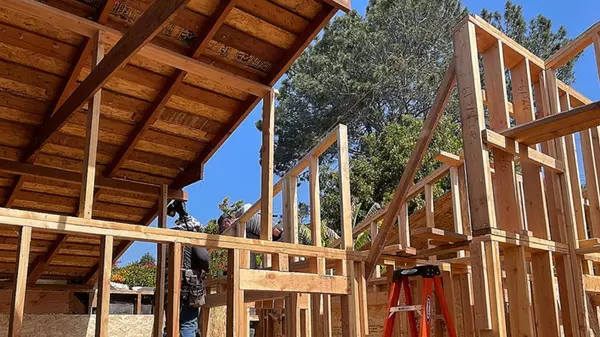What is a Short Sale in Real Estate?

Navigating the world of real estate can be complex, especially when financial difficulties arise. One option homeowners facing financial hardship may consider is a short sale. But what exactly is a short sale, and how does it work?
Understanding a Short Sale
A short sale occurs when a homeowner sells their property for less than the remaining balance on their mortgage. This happens with the lender’s approval, as they agree to accept a lower amount rather than foreclosing on the property. While this option isn’t ideal, it can be a viable solution for homeowners struggling to keep up with mortgage payments.
Why Would a Homeowner Consider a Short Sale?
A short sale can be an alternative to foreclosure, which can have more severe consequences for a homeowner’s credit and future financial standing. Here are some common reasons homeowners opt for a short sale:
-
Financial Hardship – Loss of income, medical emergencies, or unexpected expenses can make mortgage payments unmanageable.
-
Declining Property Value – When the market value of a home falls below the mortgage balance, selling at a loss might be necessary.
-
Avoiding Foreclosure – A short sale has a less damaging impact on credit scores than foreclosure and allows homeowners to regain financial stability more quickly.
-
Relocation Needs – Life changes such as job relocation, divorce, or family matters may require a homeowner to sell their property, even at a loss.
How Does the Short Sale Process Work?
The short sale process can be complex, requiring patience and expertise. Here’s a general overview:
-
Assessing the Situation – The homeowner consults with a real estate professional to determine if a short sale is the best option.
-
Lender Approval – The mortgage lender must approve the sale price and terms before the home can be sold.
-
Listing the Property – The home is listed on the market with a short sale designation.
-
Negotiating Offers – Buyers submit offers, and the lender reviews and approves one.
-
Closing the Sale – Once an offer is accepted, the transaction moves forward, allowing the homeowner to settle their debt.
The Benefits of a Short Sale
While a short sale isn’t always easy, it can offer some key advantages:
-
Less impact on credit than a foreclosure
-
Ability to move forward without the burden of an unaffordable mortgage
-
Potential eligibility to purchase a home sooner than after a foreclosure
Need Help Navigating a Short Sale?
Going through a short sale can be overwhelming, but you don’t have to do it alone. As an experienced real estate broker, I can guide you through every step of the process, helping you make the best decision for your financial future.
If you’re considering a short sale, contact me today for a confidential consultation. Let’s find the best solution for your unique situation and get you back on track to financial stability.
Categories
Recent Posts










GET MORE INFORMATION


